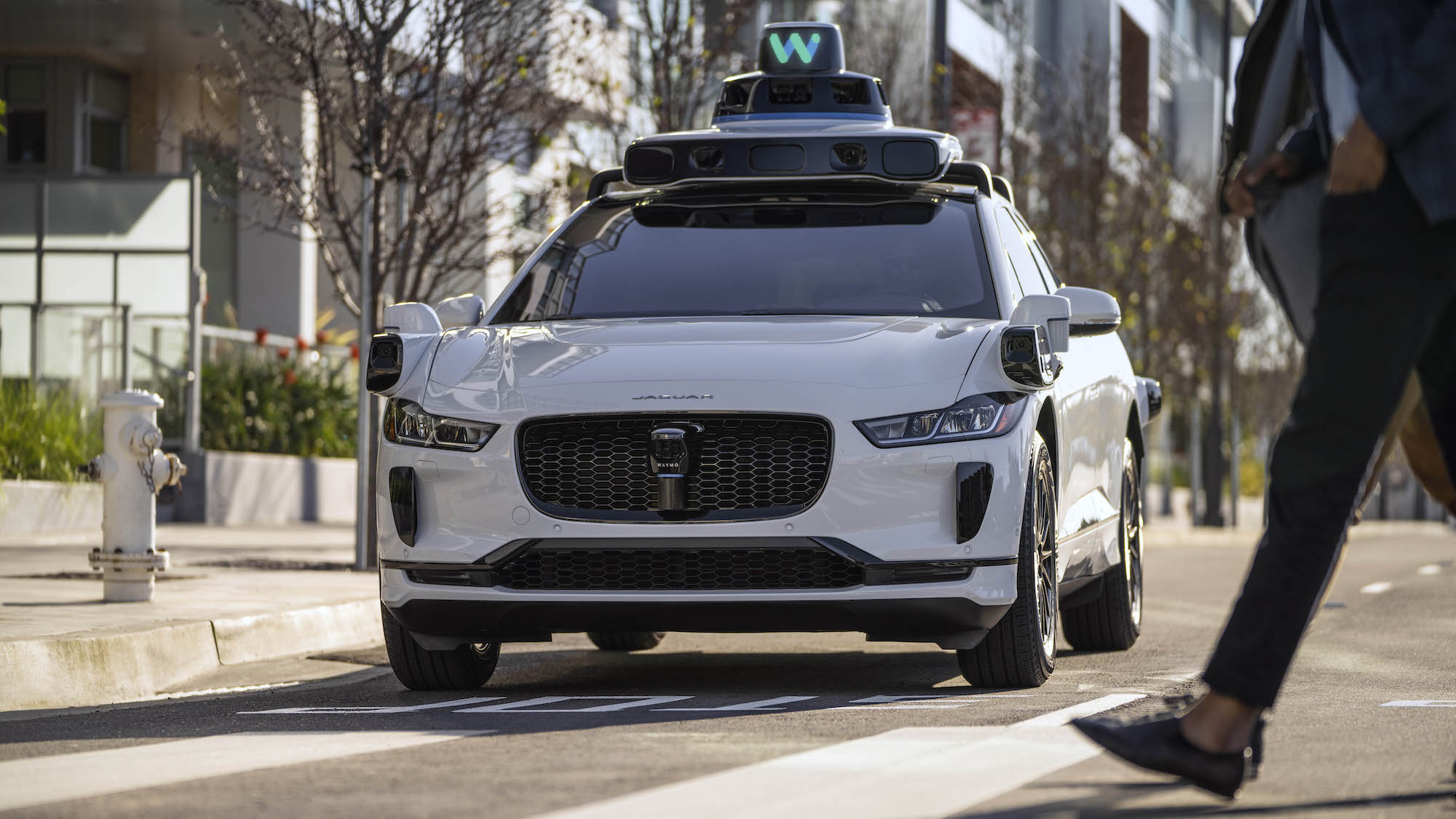

On Thursday, California state regulators voted 3-1 in favor of allowing robotaxi services to begin paid, public 24/7 operations in San Francisco, effective immediately. The major industry approval comes after public and regulatory pushback. For example, during public testimony on August 8, 2023, representatives for the San Francisco Municipal Transportation Agency announced that they have logged nearly 600 “incidents” involving autonomous vehicles since spring 2022—only “a fraction” of potential total issues, given nebulous reporting requirements.
Several companies such as Waymo and General Motors’ Cruise have been testing autonomous vehicle services in San Francisco for years, which concerned some local advocates and city officials. Earlier this year, SFMTA issued a joint letter to California regulators about autonomous vehicles triggering false 911 alarms in San Francisco. The Mayor’s Office on Disability noted at least three instances of EMS being dispatched to autonomous taxis due to “unresponsive passengers” within a single month, only to find them asleep in their vehicles. Meanwhile, city officials claim robotaxis have negatively affected San Francisco’s roadways with traffic jams and other disruptions.
[Related: What’s going on with self-driving car companies, from Aurora to Zoox.]
Such worries do not appear to sway California Public Utilities Commission members—one of whom previously served as a managing counsel at Cruise. “I do believe in the potential of this technology to increase safety on the roadway,” the commissioner said this week. “Today is the first of many steps in bringing (autonomous vehicle) transportation services to Californians, and setting a successful and transparent model for other states to follow.”
According to The WaPo’s analysis of public data, the number of autonomous taxis on California roads have increased exponentially over the past few years. 551 autonomous vehicles traveled over 1.8 million miles in the state during 2020. Just two years later, the number rose to 1,051 cars tallying up 4.7 million miles of travel time.
Robotaxi providers don’t intend to limit service to only San Francisco, of course. Companies such as Lyft, for example, are testing their own autonomous vehicles in cities like Las Vegas, Nevada.
“Today’s permit marks the true beginning of our commercial operations in San Francisco,” said Tekedra Mawakana, co-CEO of Waymo, in a statement earlier this week. “We’re incredibly grateful for this vote of confidence from the CPUC, and to the communities and riders who have supported our service.”
However, city officials and critics are reportedly meeting soon to “discuss next steps,” which could include filing for a rehearing, as well as potential litigation. “This is going to be an issue that San Francisco and cities and states around the country are going to grapple with for a long time to come,” Aaron Peskin, president of the San Francisco Board of Supervisors, told The WaPo on Thursday. “So this is the beginning, not the end.”
